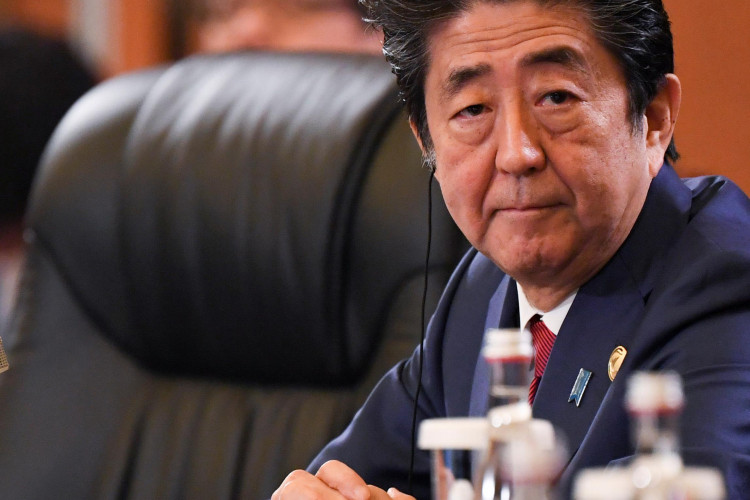Two days after the murder of famous LDP member and power broker, former prime minister Shinzo Abe, Japan's conservative coalition government strengthened its majority in the upper house of parliament in an election on Sunday (Jul 10).
The shooting death of Abe, Japan's longest-serving modern leader, on Friday in the western city of Nara surprised a nation where political violence and gun crime are uncommon.
According to an exit poll conducted by public broadcaster NHK, the Liberal Democratic Party (LDP), led by Prime Minister Fumio Kishida, of which Abe remained a significant congressman, and its junior partner Komeito increased their share of the 125 seats up for election in the house from 69 to 76.
Although the LDP increased its seat total from 55 to 63, it was not enough to secure a single majority.
However, the impressive performance might aid Kishida in solidifying his hold on power as he seeks to guide Japan's recovery from the COVID-19 pandemic, control growing consumer costs, and enhance defense in the midst of hostilities with its powerful neighbor China.
Monday afternoon is when the final results are due.
"It's significant we were able to pull this election together at a time violence was shaking the foundations of the election," After the exit poll, Abe's protege Kishida made a statement. "Right now, as we face issues including the coronavirus, Ukraine, and inflation, solidarity within the government and coalition parties is vital," he added.
While members awaited the outcome, the party observed a moment of silence for Abe at its Tokyo headquarters. With the gains, Kishida could be able to fulfill Abe's unfulfilled wish of amending Japan's pacifist constitution. Analysts had projected that Abe's murder may strengthen the Kishida-led LDP.
According to the exit polls, the pacifist parties were expected to keep their two-thirds majority in the upper house. According to opinion polls, the majority of voters favor more military power.
The apparent triumph seems set to advance increased defense expenditure, a key LDP election pledge, according to Robert Ward of the International Institute of Strategic Studies. Kishida may go slowly on constitutional revision.
Kishida "now has a green light for this", Ward said.
When questioned about constitutional change on Sunday night, Kishida responded that he would concentrate on putting up a Bill for parliamentary discussion.
Kishida's team, according to sources close to him, also plans to gradually cease "Abenomics," the country's well-known program of fiscal and monetary stimulus named for the ex-premier who initiated the experiment nearly ten years ago.





